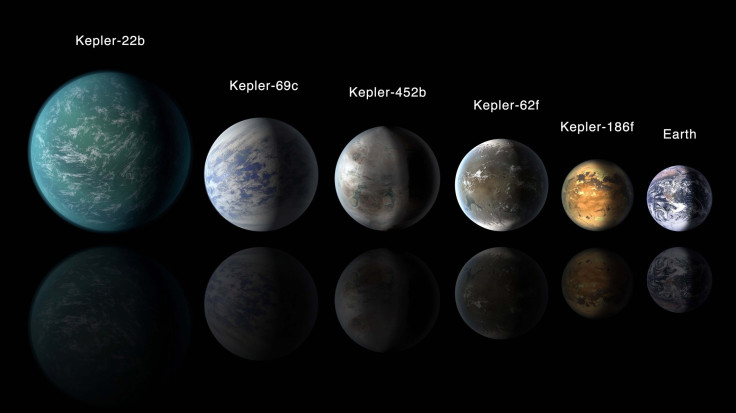Superhabitable Planets vs. Earth: 24 Other Heavenly Bodies That Can Host Life Better
KEY POINTS
- Study says there are 24 other planets that are better suited for hosting life than Earth
- Superhabitable planets are considered superior to Earth in terms of age, size, mass, water and humidity
- The conclusion is based on assessments of 4,500 known exoplanets
Earth may not be the best planet in the universe when it comes to hosting life. According to a study, there are 24 other planets located more than 100 light years away that could host life better than what humans call home.
Some of these candidates orbit stars that are also better suited for sustaining life than Earth's sun. Most interestingly, there is one that possesses nearly all the strong characteristics of what a superhabitable planet should be.
In a study published in the journal Astrobiology, a team of scientists observed more than 4,500 exoplanets in the solar system and identified the criteria of superhabitable planets. While being superhabitable does not mean they are currently hosting life forms, the conditions in these 24 worlds are more welcoming environments than Earth.
“It’s sometimes difficult to convey this principle of superhabitable planets because we think we have the best planet,” Dirk Schulze-Makuch, a geobiologist with expertise in planetary habitability from Washington State University, said in a press release.

“We have a great number of complex and diverse lifeforms and many that can survive in extreme environments. It is good to have an adaptable life, but that doesn’t mean that we have the best of everything,” he added.
The study said for planets to be more liveable, they should be 5 billion to 8 billion years old. They should not be too old with used up geothermal heat and without protective geomagnetic fields. Earth is about 4.5 billion years old.
Size and mass are also significant factors for planets to be capable of hosting life. For instance, a planet that is 10 times larger than Earth has more surface area for its species to call home. At the same time, a planet with a mass of about 1.5 times that of Earth can utilize its interior heating better. Larger mass also means that it would have a stronger gravitational pull to hold its atmosphere for a longer time period.
The study notes that a habitable planet should also have more water and slightly warmer temperatures than Earth. The right combination of temperatures, moisture, clouds and humidity is considered healthier for life than Earth.
The finding is significant in that future studies can build upon it. Other scientists with superior space telescopes could know beforehand what to look for and what to focus on when searching for more habitable planets.
© Copyright IBTimes 2024. All rights reserved.





















